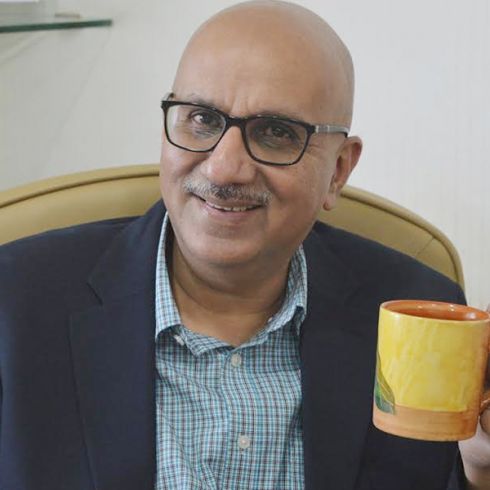
MUMBAI: Piracy and use of free music has become the mind-set of music goers for long now. And who can understand the pain of convincing people, to pay for the music they listen, better than music licensing companies like Phonographic Performance Limited (PPL).
“Encouraging users to buy license for the music they consume has always been an arduous task. The advent of piracy has gone so far as to reinforce the idea that music is a free resource, like air or water. PPL faces a daily battle to get people to pay up, and over the years, we’ve developed a host of ingenious tools to aid us in our endeavour. These range from politely encouraging people to respect Copyright, which we do multiple times, before considering more extreme options. Going to court is our last choice,” exclaimed PPL CEO Rajat Kakar, while revealing how challenging it has been to encourage people to procure a music license.
With the launch of PPL Plus, the popular music licensing company has gone completely digital. Kakar shared the advantages of PPL (Plus Performance License for Usage Of Sound Recording), “Digitisation has a lot of key advantages over the manual way of doing things. For starters, since records of all licenses issued are backed up on the cloud, all genuine licenses issued can be verified via a simple QR code scan. This will go a long way in eliminating any chance of fraudulent individuals or companies issuing bogus licenses and duping customers. Furthermore, PLUS has reduced the time taken to issue licences from weeks to mere minutes, this has been particularly beneficial for time-sensitive clients i.e. event organisers.”
“PLUS in its current form starts when a PPL executive is contacted by a customer. The executive fills in the customer’s information i.e. address, type of business, number of outlets, location, etc. into the online database which generates a tax invoice. The Performa Invoice is sent to the customer, who upon making an online payment is issued a license. It’s so simple that future versions will actually allow customers to generate their own licenses. These will be very similar to a lot of DIY systems that already exist online such as college application portals and government websites that issue IDs. The entire process, which often took weeks to complete, can now be finished almost instantly,” he explained the procedure of using the digital portal.
Commenting on the response received to the digital portal, Kakar said, “We’ve received much praise for our system’s upgrade to PLUS system, from our customers and licensing executives alike. The two points that are most unanimously lauded are the increased layer of transparency that PLUS brings to the table, and of course, significantly shorter waiting periods. In many ways, PLUS exemplifies PPL’s new-found drive for enabling ease of doing business in dealing with our clients.”
He also spoke about T-Series, “T Series is a powerhouse of hits and no party is a success without playing iconic songs from their roster. This year marks one decade of our partnership with T-Series.”
Further, when asked about what we can expect to see from PPL in the years to come, Rajat Kakar answered, “PPL has taken giant steps towards transparency and accountability, two core values that have driven the company ever since my tenure began in 2018. PLUS is one of the major milestones in our effort to implement the aforementioned ideals into every single aspect of the application process.”
“We’ve recently established a strong digital presence that allows us to engage with our customers directly and dispel many misconceptions that exist about music licensing. In the months to come, we will be investing heavily in spreading our message, on the importance of paying for the music you consume,” he added.
Lastly, he concluded, “One of our biggest projects of 2019-2020 will be enhancing our reciprocals network. This would effectively enable PPL India to collect license fees from overseas through our sister societies, for our member’s music played abroad. We’ve already partnered with collective management organisations in Ukraine, Pakistan, Nepal, and are in talks with our counterparts in the UK, Canada, Netherlands and many more to better serve our members with income from overseas.”